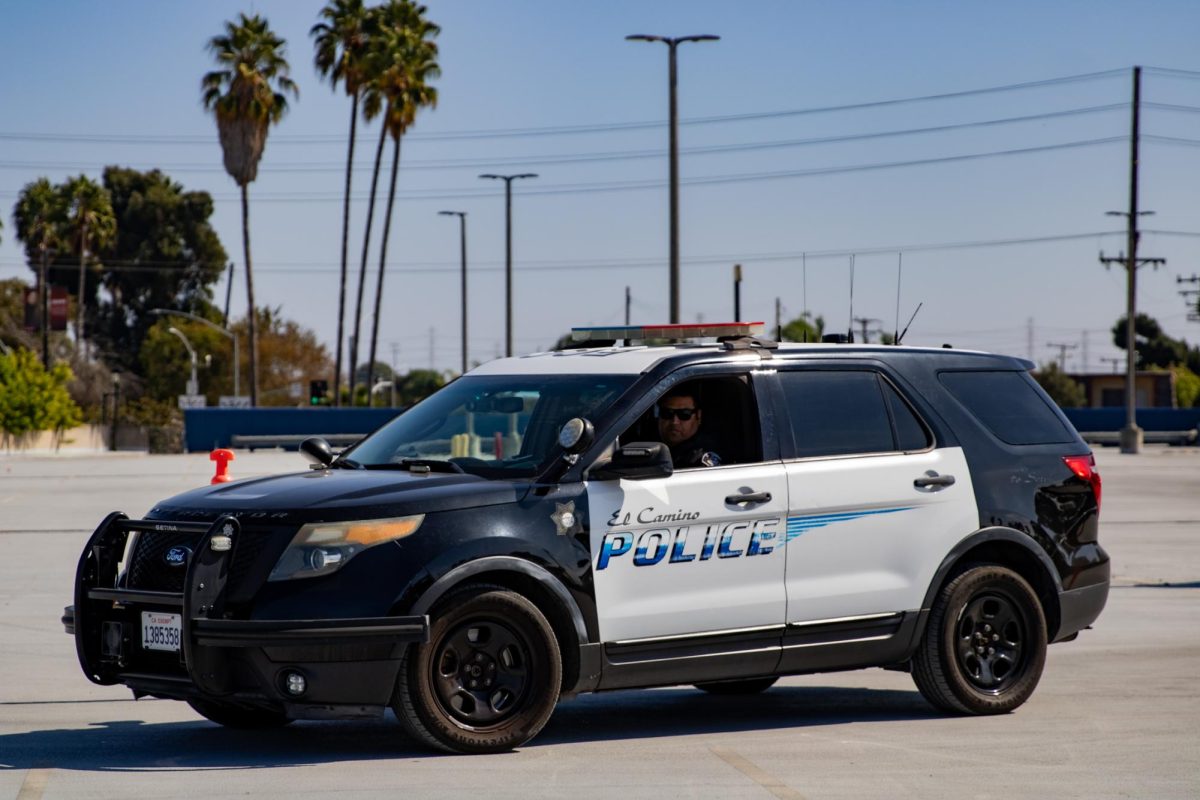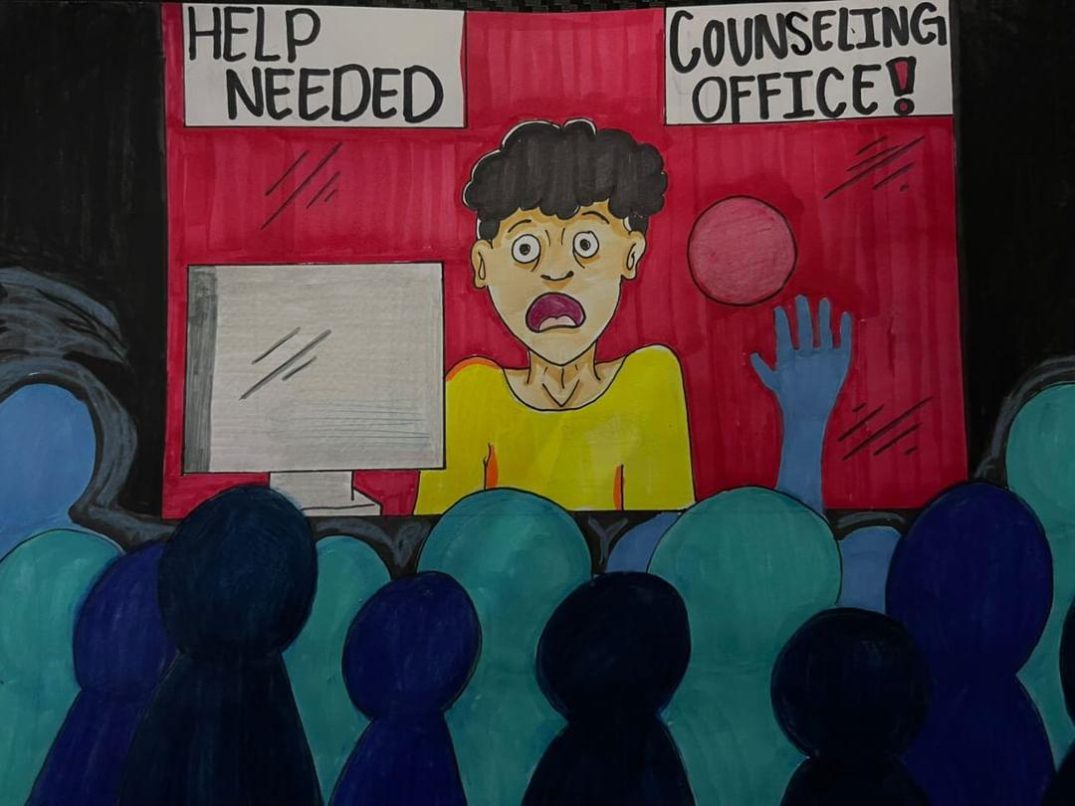The commute to school has always been a problem for many of the campus’ students, either because of backed-up traffic on Crenshaw boulevard, or finding no extra spaces in the parking lots.
However, the one major source of headaches that affects all the students is the rising gas prices.
The Los Angeles Times reported on Wednesday that gas prices are going down, but within the last week gas prices have only gone down an overall of a few cents.
Prices reached a high this week of $3.01 for unleaded regular gas. Premium unleaded rose as high as $3.21. Lows for this week’s prices plummeted to $2.79 for unleaded fuel.
Gas prices have always been fairly expensive in California, but one of the more recent reasons for the extra rise is due to Hurricane Katrina. A lot of New Orleans’ refineries were affected by it, impacting oil production in the country.
The rise of gas prices makes people wonder if these high prices hurt the economy or if this rise in prices actually gives the economy a needed boost or not.
Web site www.howstuffworks.com gives insight on how gas helps the economy and reports that personal vehicles consume up to 65 billion gallons of gasoline and diesel each year. The website also reports where the money for gasoline goes.
Take a look at the car situation.
Although Toyota, Honda and Ford offer hybrid vehicles, most have to wait months before they get their vehicles and make them accessible to the community.
Many car companies still do not offer hybrid vehicles to the public and that should be something all car companies should offer to the public.
In the mean time, students have other financial matters to worry about, such as tuition and textbook fees, food and other expenses. The rise of gas prices does not help them.
Carpooling is certainly an option that may help, but students can do other things to keep their money in their pocketbooks.
Driving to places without revving up the car engine-in other words, not speeding-can help save gas.
For students who live closer, there is always the option of taking a walk, riding a bike or paying 50 cents for the public bus. These alternate methods of transportation not only save on gas; they also keep the air pollution-free and are better for the environment.
Also, on www.gasbuddy.com students can search for the cheapest gas prices in any areas including Los Angeles.
Students can help themselves by finding cheaper ways to get to school and by paying attention to how much gas their automobiles intake weekly.






